|
Saturdee
Opry Links # 108: For the Hell of It Edition
Saturdee Opry Links is/are now posted for you to
joyfully ignore. It's the "just for the hell of it"
edition, featuring a few "serious" opera clips, but
mostly lighter, more whimsical fare---some Spanish
songs, Tosti tunes, a little Lehar. Nice, pleasing
stuff, a slight answer to the overwhelming horror of the
day. And yes---a contest! You'll have to read through
all ten selections (plus overture and encore!) to find
out how to win.
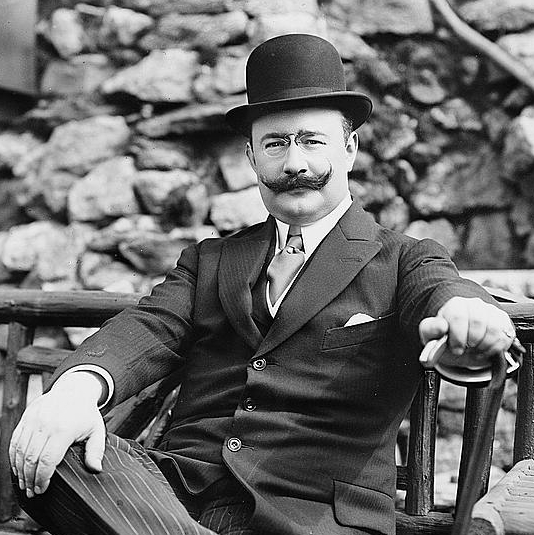 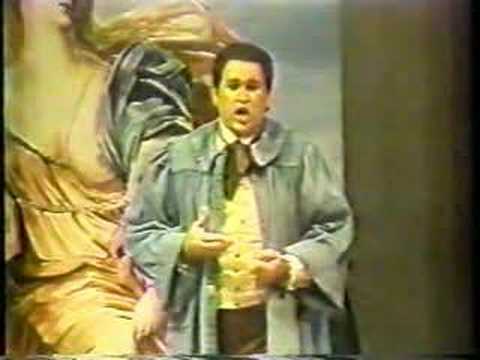
Emilio di Gogorza Rubén Domínguez
Saturdee Opry Links Overture!
La Belle Helene, by Offenbach (you'll recognize it!)
https://www.youtube.com/watch?v=GL6OyfAz5pA
1.
Just for the hell of it. . .We'll start off with a great old Spanish song by Anton Michelena, "A la Luz de la Luna," in a great old duet between Enrico Caruso and Emilio de Gorgoza.
https://www.youtube.com/watch?v=Do66pb6swuM
Spanish:
A la luz de la luna
A la luz de la luna yo te miré, yo te miré
Y al mirarte mi vida me enamoré, me enamoré.
¡Ay, corazón! ¡ay corazón!
Dime si estás enfermo,
Si estás enfermo de tanto amar.
¡Ay corazón! ¡ay corazón!
Dime si estás enfermo,
Si estás enfermo de tanto amar.
¡Ay corazón! ¡ay corazón!
Ya no curarás nunca,
Ya no curarás nunca,
Ya no curarás nunca,
Corazón mío, de tanto amar,
De tanto amar, de tanto amar...
ENGLISH:
To the light of the Moon
In the moonlight I looked at you, I looked at you
And when I looked at you, my life I fell in love, I fell in love.
Oh my heart! Oh heart!
Tell me if you are sick
If you are sick of so much loving.
Oh heart! Oh heart!
Tell me if you are sick
If you are sick of so much loving.
Oh dear! Oh heart!
You will never heal anymore
You will never heal anymore
You will never heal anymore
My heart, from so much loving,
From so much loving, from so much loving
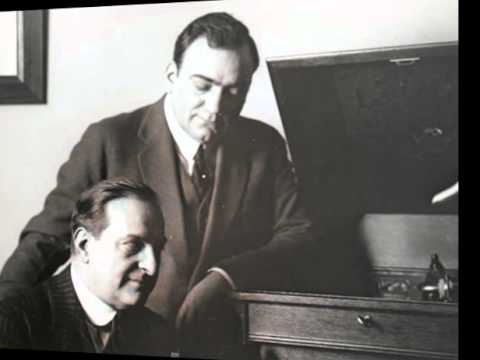
Caruso (standing) and di Gogorza.
2.
Emilio de Gorgoza, who sang the duet with Caruso in our first post today, had an odd story. Because he was so myopic, he decided to forego a career on the operatic stage, and instead stick to recitals---and recordings. Born in Brooklyn, New York, his family saw to it that he grew up, and received vocal training, in Spain. And somewhere along the way---due either to myopia, or, according other sources, a terriblee limp---he decided to focuse his entire career on the burgeoning record industry. De Gorgoza subsequently became one of the most prolific recording artists for the Victor Talking Machine Company, early in the 20th century---recording so many discs that Victor had to put out some of his recordings under pseudonyms such as "Carlos Francisco" and "Herbert Goddard." Here is this wonderful near-sighted singer with a dandy rendition of the beloved standard, "La Paloma"--- composed way back in the 1850's by one Sebastián Iradier---complete with a spiffy flourish at the end!
https://www.youtube.com/watch?v=Tes00ZRs56Y
About the song:
https://en.wikipedia.org/wiki/La_Paloma
Translation:
https://lyricstranslate.com/en/la-paloma-dove.html-6
3.
Our just-for-the-hell-of-it edition of SOL continues. . .from Spanish songs to a Venezuelan singer. Introducing the largely forgotten tenor, Rubén Domínguez. Not too much is available about this great singer on-line, but the fragments are tantalizing. Seems Dominguez was pressured by a Venezuelan political party to study with party protégé, Carmen Teresa Hurtado, and instead just fled the country. How's that for principle? How's that for panache? He wound up in Milan, studying with the Spanish voice teacher, Mercedes Llopart, who was also the teacher of the legendary Spanish tenor, Alfredo Kraus. Not much is available about Dominguez's singing career, but his operatic debut came in Puccini's "Tosca" in 1967. Here he is, also in "Tosca"---twenty years later, but still in fine form. One wonders if this man, who refused to bow to government pressure in his native country, identified strongly with his "Tosca" character, Cavaradossi, a revolutionary.
Synopsis, Mario Cavaradossi, Tosca's lover, a young painter and a political liberal, is painting a Madonna inside of a great church--- and he has based the painting on a woman who prays often at the church. He sings of the differences between his picture of a fair Madonna and the darker beauty of his love, Tosca.
https://www.youtube.com/watch?v=wY8l0QJxVEU&feature=share
Translation:
http://www.aria-database.com/search.php?individualAria=304
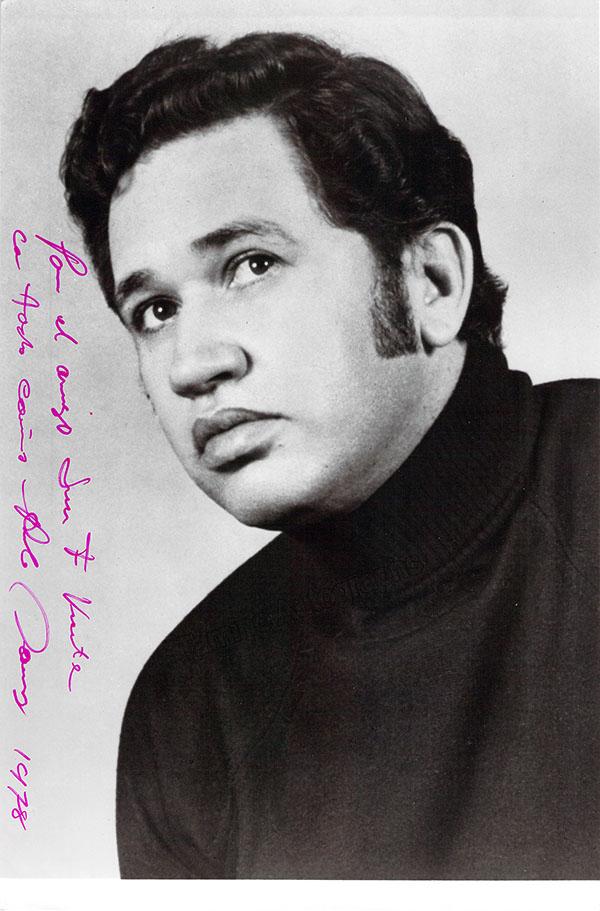
4.
Rubén Domínguez sang in most major houses in the world (included the Met), finally returning to Venezuela in later years. He also appeared with many South American opera companies, and in 1988 received the prestigious Luciano Pavarotti Award. Yet there are very few clips and recordings of him on Youtube, and he is largely forgotten today. Here is a great performance he did of "Vesti la Giubba," from Leoncavallo's "Il Pagliacci"---on stage somewhere, late in his career. He is as expressive as the best here. Note: the applause is so overwhelming that the orchestra pauses until it ends---a bit of a rarity.
https://www.youtube.com/watch?v=_K81lZXKizs
Synopsis:
Setting: The entrance to a village, Calabria, Italy, 1860s
Synopsis: Canio, the head of a traveling theater troupe, sings that, although his love has betrayed him and his heart is broken, he must go on stage and show a cheerful face to the world.
http://www.aria-database.com/search.php?individualAria=595
5.
Not fair to feature Caruso in only a duet, right? Here he is, alone, in the role of the poet and foe of the aristocracy, Andrea Chenier, in the opera of the same name by Giordano. Note the baritone quality in Caruso's mighty tenor. . .And yes, there was a real Chenier---guillotined for "crimes against the state" during the French Revolution.
About the actual man:
https://en.wikipedia.org/wiki/Andr%C3%A9_Ch%C3%A9nier
Setting: The Ballroom in the Coigny's château
Synopsis: The Countess has asked the poet, Andrea Chénier, to recite a poem for their amusement, but he refuses until persuaded by Maddalena, the woman he loves. Chenier contrasts the beauty of nature with the evil and misery created by humans, denouncing the aristocratic authority as self-serving.
https://www.youtube.com/watch?v=neRxEXGpsFw
Translation:
http://www.aria-database.com/search.php?individualAria=49
6.
Here, for the hell of it, is the sweet Tosti Neapolitan song, "A Vucchela," sung by Angela Gheorghiu. Why? Because I like her. Despite the fact that her website calls her "the world's most glamorous soprano." Who can resist this melody? The song, composed by the great songwriter Paolo Tosti, is about a kiss. Nothing more. Based on words of the 19th century lyric poet, Gabriele D'Annunzio.
https://www.youtube.com/watch?v=7O2OVIWnRWY
Translation:
https://www.lieder.net/lieder/get_text.html?TextId=250
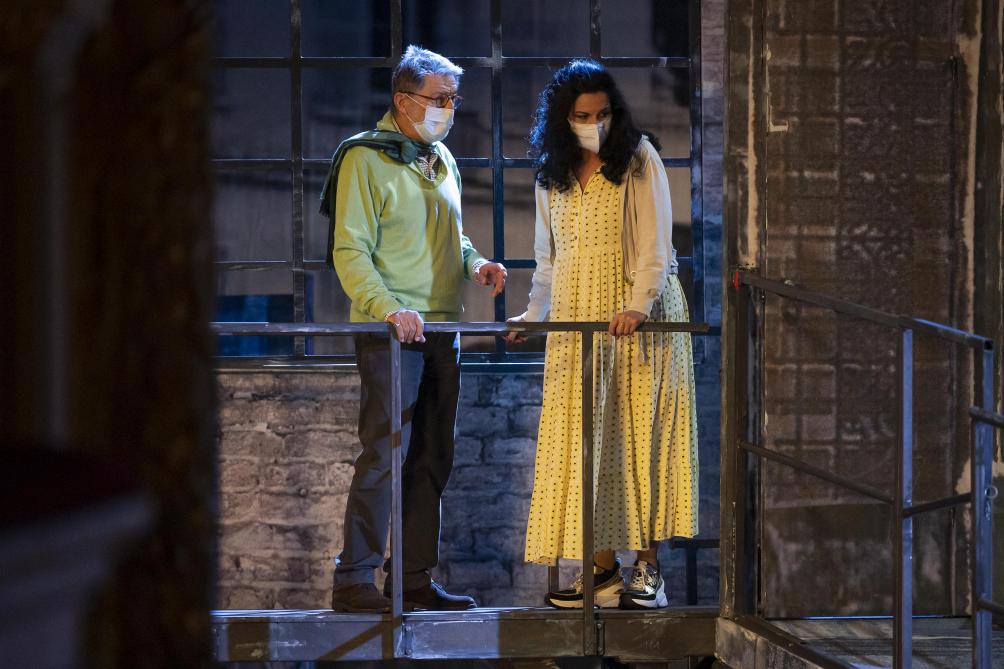
By the way, Ms. Gheorghiu is, at 55, courageously singing "Mimi" from "La Boheme" on stage with the carefully socially distanced l’Opéra Royal de Wallonie-Liège in Belgium. She and director Stefano Mazzonis discuss a scene. Here is a review in French, if you want to copy it and plug it into Google Translate.
https://www.lecho.be/culture/scenes/la-boheme-de-puccini-une-mimi-au-pinacle/10253389.html
7.
Not all opera is heavyweight fare---hence the term, operetta. Here, from the operetta, "The Merry Widow," by Franz Lehar, is the always lovely, if a bit schmaltzy duet, "Lippen Schweigen" ("Though lips are sealed"), here performed by Sumi Jo and the late Dmitri Hvorostovsky. Plot summary: suffice to say, "all's well that ends well."
https://www.youtube.com/watch?v=Y2yH7LY5SMw
Translation:
https://www.lieder.net/lieder/get_text.html?TextId=36632
About the operetta:
https://en.wikipedia.org/wiki/The_Merry_Widow
Saturdee Opry Links EXTRA!
By the way, Sumi Jo has been singing a lonnnnng time.She lived her whole life to be the singer that her mother couldn't be.
https://www.youtube.com/watch?v=R19oBUdZ14A
SUMI JO RELEASES ALBUM DEDICATED TO MOTHER
https://www.koreatimes.co.kr/www/art/2020/06/682_267645.html
8.
Which do you prefer for Neapolitan songs (romantic songs of Naples, sung in the Neapolitan dialect): soprano or tenor? Or baritone? NOW is your chance to decide! Here is the great soprano, Joan Sutherland, with the chestnut, "Mattinata."
https://www.youtube.com/watch?v=RpQV4YKPZ5M
And here is tenor Mario Lanza with the same tune:
https://www.youtube.com/watch?v=bIs8FEMhKrU
Annnnd, here is baritone Leonard Warren:
https://www.youtube.com/watch?v=MfuMMl9C0J4
Make your selection along with a short essay (500 words or less) explaining your choice. The winner will receive a prize. Really.
Translation:
https://www.lieder.net/lieder/get_text.html?TextId=10075
9.
Okay, kids, let's do it again---for the hell of it. Here is the lovely, tender, wistful Tosti song about lost love, "Ideale"---sung by a soprano, tenor, and baritone. Which do you prefer? Submit an essay of no more than 500 words explaining your reasons, and win a prize! Really. "I followed you like a rainbow of peace. . ."
Soprano Angela Gheorghiu:
https://www.youtube.com/watch?v=RAsnhqshhnU
Tenor Jussi Bjorling:
https://www.youtube.com/watch?v=5wvqCB17wys
Baritone Giuseppe Valdengo
https://www.youtube.com/watch?v=Q2J4tK0VpgI
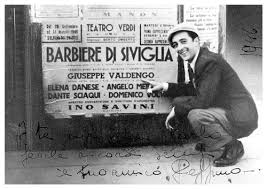
Translation:
https://www.lieder.net/lieder/get_text.html?TextId=5466
Oh, or maybe you prefer a castrato! (Really.)
https://www.youtube.com/watch?v=GyodNzbjVkw
FINAL BOW:
So we opened with a Spanish song in a classic old recording, so for the hell of it, we'll end with a Spanish song in a classic old recording by the great Miguel Fleta, who, but for a weakness for wine, women, and bad political judgement, would have had a much longer, healthier life and career. Here is "Amapola," or "Poppy." Zounds!
https://www.youtube.com/watch?v=BDu8QavlRtE
For those who wish to sing along (I encourage you!):
https://lyricstranslate.com/en/amapola-amapola.html-2
Saturdee Opry Links ENCORE!
Back to our baritone of the morning, Emilio de Gorgoza, who, but for near-sightedness, would have been a mainstay of opera stages. Instead, he settled for recitals and records. Good moustache!
"What a wonderful thing is a sunny day. . .But another sun, even more beauteous, oh my sweetheart / My own sun, shines from your face!"
https://www.youtube.com/watch?v=5fPHcq69X1s
Translation:
https://en.wikipedia.org/wiki/%27O_sole_mio
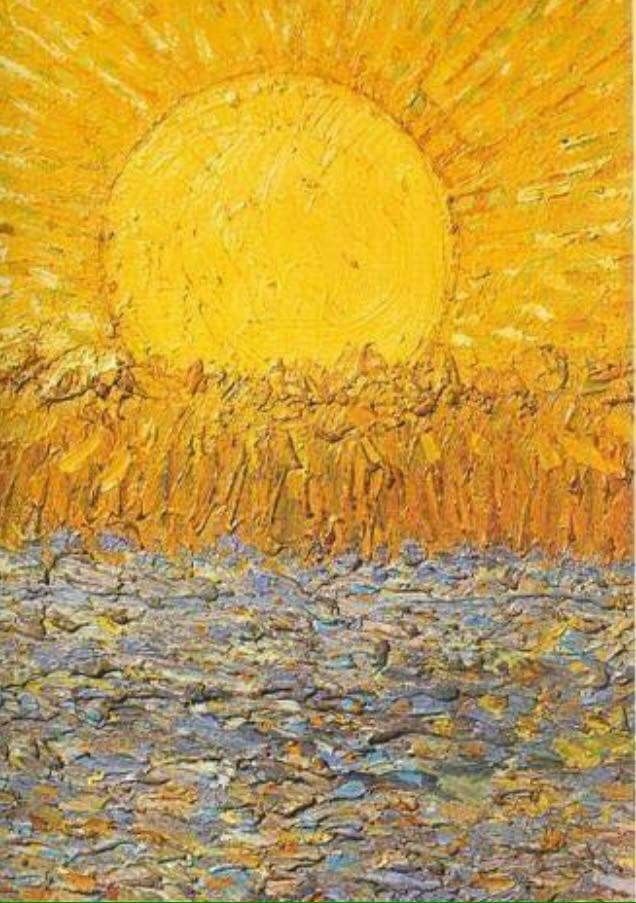
Back to Opera Links
Back to Home Page
|



